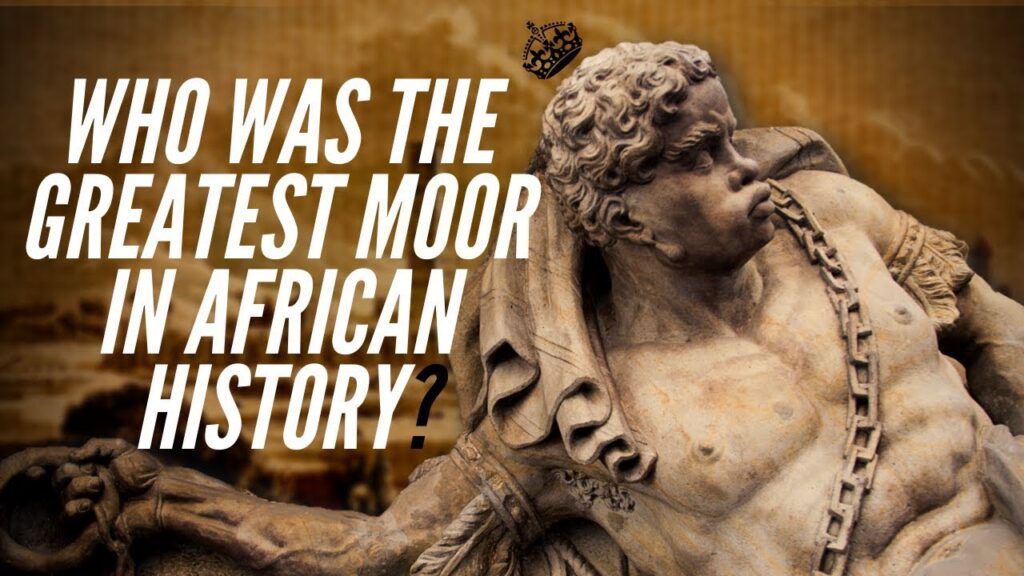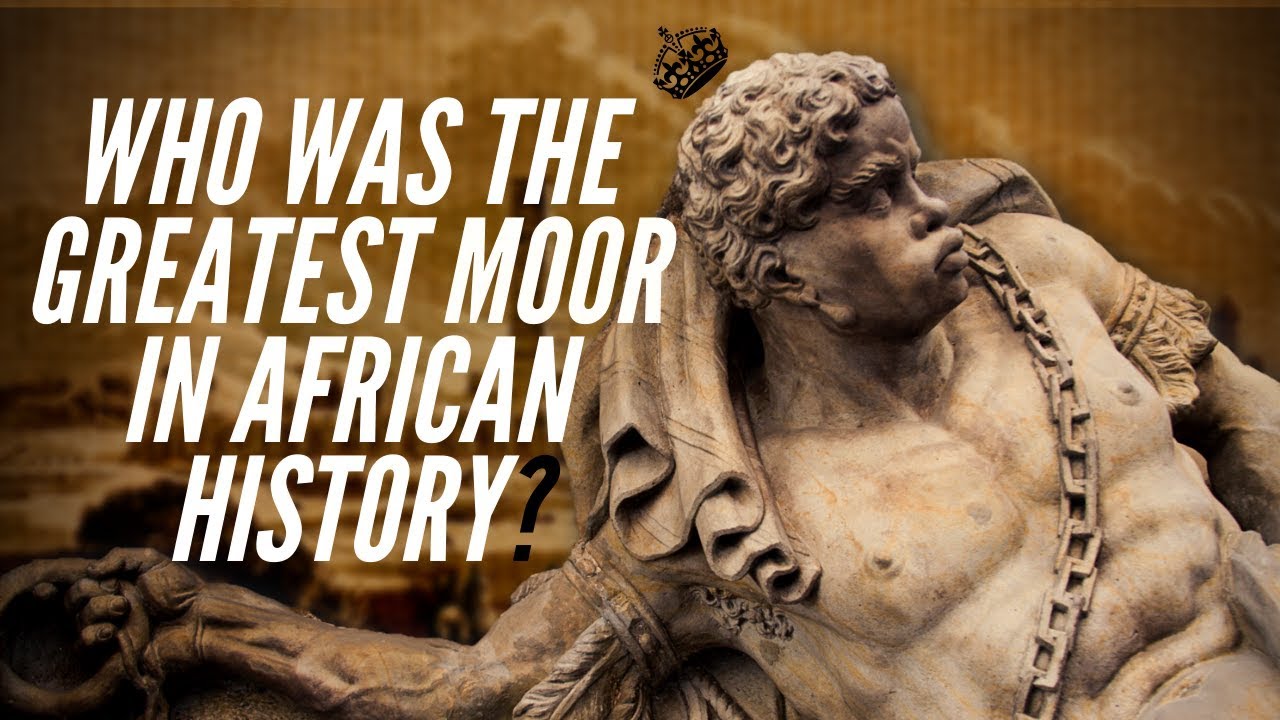
Unveiling the Moors in Africa: History, Culture, and Lasting Impact
The term “Moors” often conjures images of medieval Spain, but their story is deeply intertwined with the history of Africa. Understanding the Moors in Africa requires delving into their origins, their complex relationship with the continent, and the enduring legacy they left behind. This article explores the historical context, cultural contributions, and lasting impact of the Moors in Africa, offering a comprehensive overview of their significance.
Who Were the Moors? Defining Identity and Origins
The term “Moor” is an ethnonym that historically referred primarily to the Muslim inhabitants of the Maghreb, North Africa, during the medieval period. This included present-day Morocco, Algeria, Tunisia, and Libya. While initially used to describe Berbers, the term later encompassed Arabs, and eventually, any Muslim living in or originating from North Africa. It’s crucial to recognize that “Moor” was not a monolithic identity; rather, it represented a diverse group of people united by their Islamic faith and shared geographical region. The Moors in Africa were not a single race or ethnicity, but a complex blend of various cultural and ethnic groups.
The Berber Roots of the Moors
The indigenous Berber population formed the bedrock of Moorish society in North Africa. They were the original inhabitants of the region, and their culture, language, and traditions significantly shaped the Moorish identity. The Berbers’ conversion to Islam in the 7th and 8th centuries CE played a crucial role in the rise of the Moors in Africa. Their military prowess and deep knowledge of the North African terrain proved invaluable in subsequent conquests and expansions.
The Arab Influence on Moorish Culture
The Arab conquest of North Africa brought significant cultural and linguistic changes. Arabic became the language of administration, religion, and scholarship. Arab customs and traditions were integrated into Berber society, resulting in a unique synthesis of cultures. The Arab influence on the Moors in Africa is undeniable, particularly in the fields of literature, architecture, and Islamic scholarship. The introduction of Islam by the Arabs profoundly influenced the religious and social landscape of the region. [See also: The Spread of Islam in North Africa]
The Moorish Conquest of Iberia: A Turning Point in History
In 711 CE, a Moorish army, largely composed of Berbers, crossed the Strait of Gibraltar and invaded the Iberian Peninsula (present-day Spain and Portugal). This event marked a turning point in both European and African history. The Moors in Africa established a powerful presence in Iberia, known as Al-Andalus, which lasted for nearly eight centuries. This period witnessed a flourishing of Islamic culture, science, and art in Europe.
Al-Andalus: A Center of Learning and Culture
Under Moorish rule, Al-Andalus became a beacon of knowledge and innovation. Cities like Cordoba, Seville, and Granada transformed into major centers of learning, attracting scholars from across Europe and the Middle East. The Moors in Africa made significant contributions to mathematics, astronomy, medicine, and philosophy. They preserved and translated ancient Greek and Roman texts, which played a crucial role in the European Renaissance. The Great Mosque of Cordoba is a testament to the architectural and artistic achievements of the era.
The Impact of Moorish Rule on Iberian Society
The Moorish presence in Iberia had a profound impact on the social, economic, and cultural landscape of the region. They introduced new agricultural techniques, irrigation systems, and crops, which boosted the Iberian economy. Moorish artisans excelled in craftsmanship, producing exquisite textiles, ceramics, and metalwork. The Moors in Africa also fostered a relatively tolerant society, where Muslims, Christians, and Jews coexisted, albeit with varying degrees of privilege. [See also: The Golden Age of Al-Andalus]
The Decline and Fall of Moorish Power in Iberia
The Moorish rule in Iberia gradually declined due to internal conflicts and external pressures from Christian kingdoms in the north. The Reconquista, a centuries-long effort by Christian forces to reclaim the Iberian Peninsula, culminated in the fall of Granada in 1492. This marked the end of Moorish political power in Iberia. The expulsion of the Moors in Africa and their descendants from Spain had a devastating impact on the country’s economy and culture.
The Enduring Legacy of the Moors in Africa
Despite the decline of their political power, the Moors in Africa left a lasting legacy on the continent. Their cultural influence is evident in North African architecture, music, cuisine, and language. The impact of Moorish scholarship and learning continues to be felt in the region’s intellectual traditions.
Architectural Influences
Moorish architectural styles, characterized by intricate geometric patterns, horseshoe arches, and ornate decorations, can be seen in mosques, palaces, and other buildings across North Africa. The influence of the Moors in Africa is particularly evident in the medinas (old cities) of Morocco and Tunisia. These architectural masterpieces serve as a reminder of the rich cultural heritage of the region.
Cultural and Linguistic Contributions
The Moors in Africa contributed significantly to the development of North African music, literature, and cuisine. Moorish musical traditions, characterized by complex rhythms and melodies, continue to be popular in the region. Arabic, the language of the Moors, remains the dominant language in North Africa. Many words and phrases of Arabic origin have also been incorporated into Berber languages. The culinary traditions of North Africa, particularly the use of spices and aromatic herbs, reflect the influence of Moorish cuisine.
The Complex Relationship Between Identity and History
The legacy of the Moors in Africa is complex and often contested. Some view them as symbols of cultural achievement and intellectual brilliance, while others focus on the negative aspects of their rule, such as the slave trade and religious intolerance. Understanding the history of the Moors in Africa requires a nuanced approach that acknowledges both their positive and negative contributions. It is important to avoid simplistic generalizations and to recognize the diversity of experiences within Moorish society.
Modern Interpretations and the Continuing Relevance of Moorish History
The history of the Moors in Africa continues to be relevant in the 21st century. Their story raises important questions about identity, cultural exchange, and the relationship between Europe and Africa. The legacy of the Moors in Africa also serves as a reminder of the importance of tolerance and understanding in a world increasingly divided by cultural and religious differences. Examining the rise and fall of the Moors in Africa provides valuable insights into the complexities of history and the enduring power of culture. The contributions of the Moors in Africa to science, art, and philosophy are undeniable, and their legacy continues to inspire and influence people around the world.
In conclusion, the Moors in Africa played a pivotal role in shaping the history and culture of both Africa and Europe. Their story is a testament to the power of cultural exchange, the enduring legacy of Islamic civilization, and the complexities of identity and historical memory. Further research and exploration of this fascinating topic are essential for a deeper understanding of the interconnectedness of our world.
